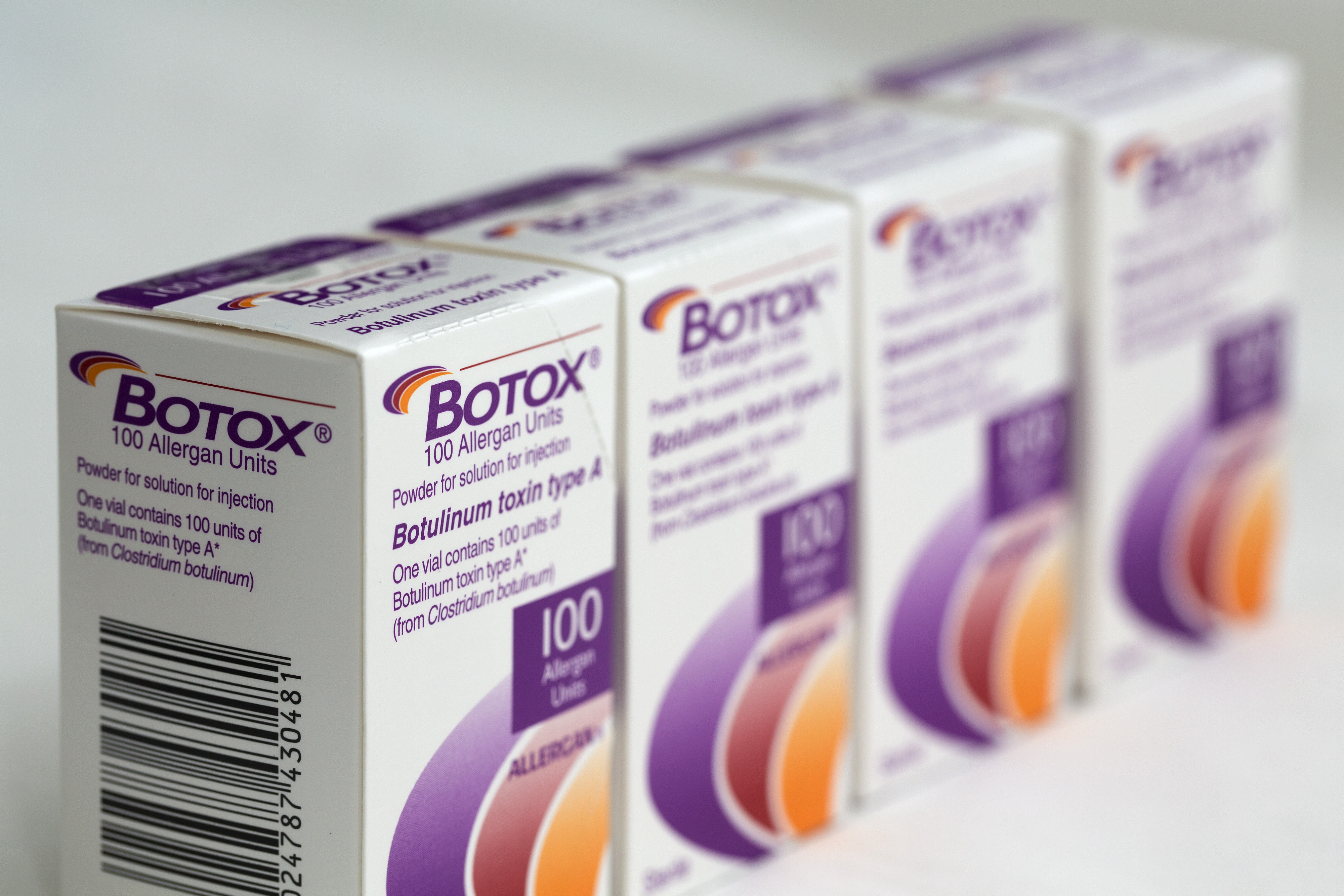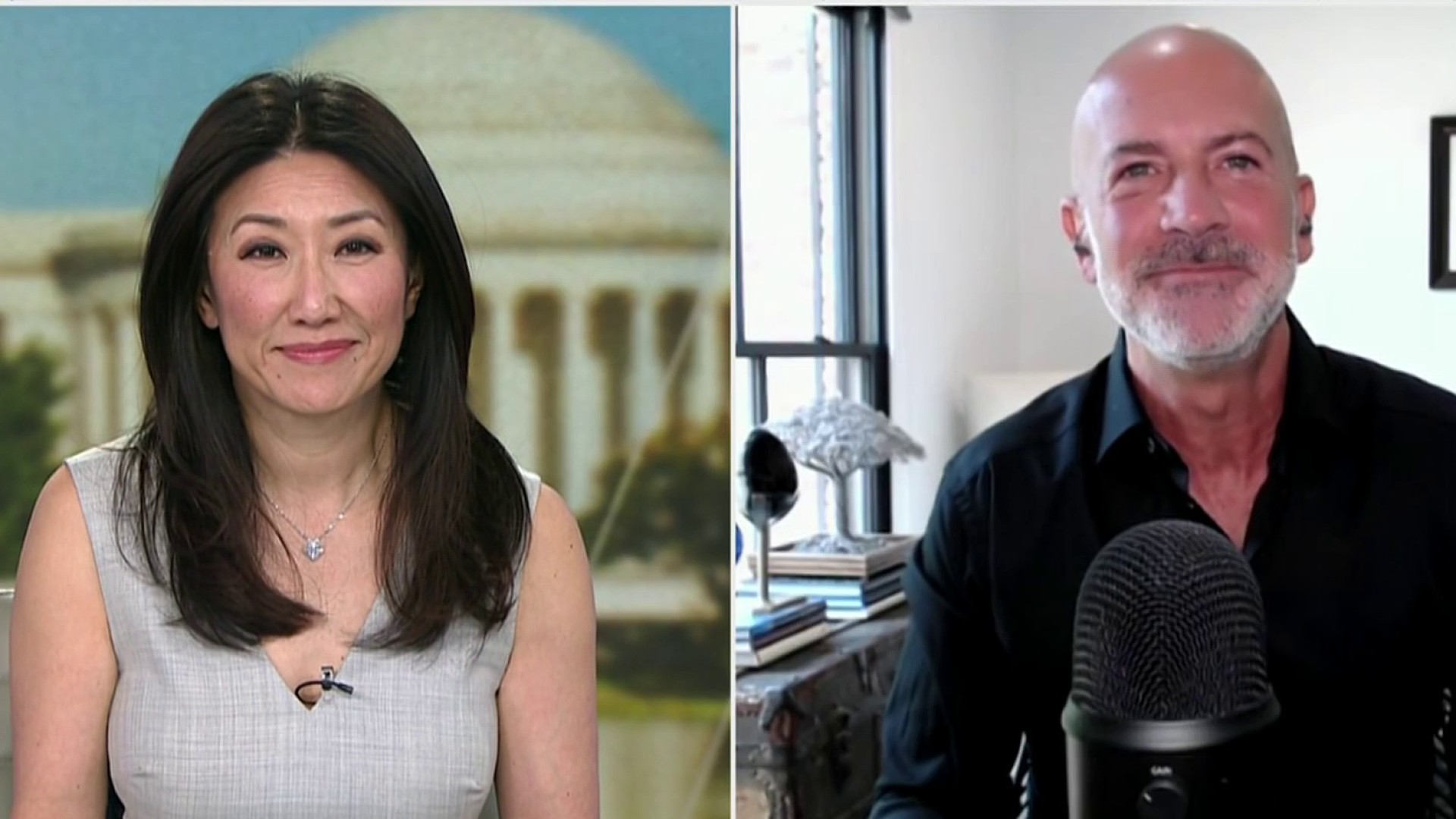Today marks Valentine’s Day -- all over the nation, people are gobbling up conversation hearts, sending cut-out hearts as valentines and giving out heart-shaped boxes of chocolates.
Though a heart is a symbol of love, it’s also a vital organ needed by every person to survive -- an organ most heart-healthy people take for granted. In fact, amidst the flutter of Valentine’s Day, many are unmindful that today is also another day of awareness: National Donor Day.
In celebration of National Donor Day, the Health Resources and Services Administration (HRSA), of the U.S. Department of Health and Human Services, is urging Americans to consider becoming a donor by filling out an organ and tissue donation card and registering with the state donor registry.
Why the need?
Last year alone, 105,525 people were in need of an organ transplant. On a monthly basis, around 300 people are added to the organ waiting list.
“More than 110,000 men, women and children today are in need of a life-saving or life-enhancing transplant. Each of those transplants is made possible by someone who has decided to help others through donation,” said Charles Alexander, president of the United Network for Organ Sharing (UNOS) and CEO of The Living Legacy Foundation of Maryland.
Along with registering with your state donor registry, consider joining the national registry of volunteer marrow and blood stem cell donors. As the HRSA emphasizes, more than 35,000 Americans could be saved from a marrow, blood stem cell or cord blood transplant. Did you know that your newborn could donate as well? Think about donating your child’s umbilical cord blood stem cells to those in need.
For a more comprehensive list on what can be donated, the HRSA details the following:
- Organs: heart, intestines, lungs, liver, kidneys, pancreas
- Tissues: skin, bone, connective tissue, blood vessels, cornea, heart valves
- Bone marrow/stem cells: umbilical cord blood, peripheral blood stem cells
The HRSA highlights the need for minorities to consider donating their organs, because minorities have a high need for transplants of the kidney, heart, lung, pancreas and liver. In particular, the department points out that Asian and Pacific Islanders, Hispanics and African-Americans are three times more likely to suffer from potentially deadly kidney-related conditions.
UNOS, which is contracted by the government, maintains the national system to match organ donors with recipients.
“Our system is designed to make the matching process as fair and efficient as it can be," Alexander said. "We match according to a number of factors, including how ill the patient is compared to others, how closely the patient matches biologically with a donor and how close the patient is to the donor’s location."
It’s also possible to donate your organs while living. The number of living organ donors approximates 6,000 per year, and 25 percent of those donors aren’t biologically related to the donor recipient.
Not sure what that means? In the broad sense of things, individuals can donate portions of their organs, like parts of a lung or pancreas. Even though the organs do not return to their original size, the donated portion of the organ and the remaining organ in the donor are both fully functioning.
Should one opt to donate a couple lobes of the liver, the organ will regenerate to its full size in little to no time. Likewise, the lobes given to the recipient will fully develop.
“More than 86 million Americans are registered as organ, tissue and eye donors. But since not everyone will be able to donate upon his or her death, we need even more to make this life-giving commitment,” Alexander said.
Finally, consider this: If your significant other or family member was in need of a transplant, how important would it be to you that they receive one? At the same time, if you knew that you could firsthand save the life of another -- would you?
Assuming that the answers to both questions are, “yes,” go that further step and register, because the need of donors is ever-increasing:
“Thanks to the generosity of organ donors, about 30,000 transplants happen nationwide each year,” said Alexander. “But with so many people who continue in need, it’s vital for more people to commit to help through donation.”



